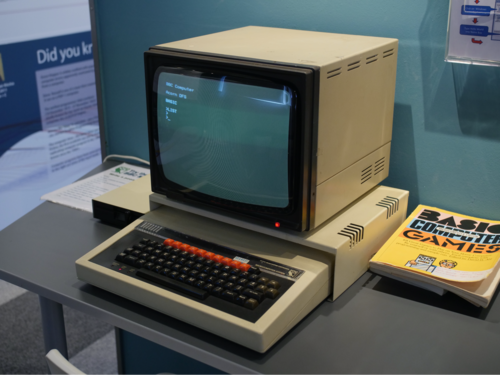Understanding SHRDLU: A Pioneering AI in Language and Reasoning
In the realm of artificial intelligence, SHRDLU stands as a pioneering example of early attempts to imbue machines with natural language understanding and reasoning capabilities. Developed by Terry Winograd in the late 1960s and early 1970s at the Massachusetts Institute of Technology (MIT), SHRDLU marked a significant milestone in the...











